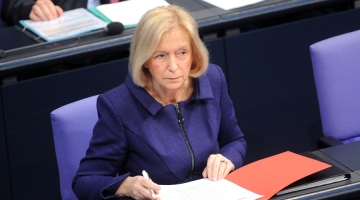Hundreds of German Universities Set to Lose Access to Elsevier Journals
Negotiations to reduce journal prices and promote open access are progressing slowly.
Send us a link
Negotiations to reduce journal prices and promote open access are progressing slowly.
High price of journals 'placing strain on acceptance' of division of labour between researchers and publishers, says professor.

Critics say selection process for high-stakes funding programme is flawed.
DFG approved the funding of 17 high-performance electron microscopes with a total sum of €43 million. Funding for seven microscopes, amounting to €24 million, was awarded in the spring.
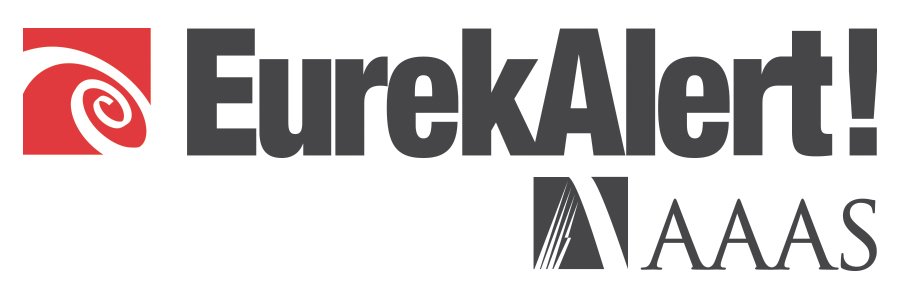
German libraries and universities want all German-authored papers to be freely available worldwide.

With a national election this month, Germany proves that foresight and stability can power research.
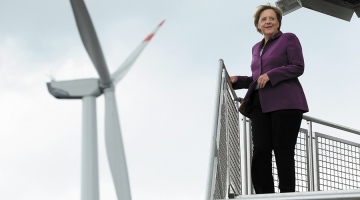
Over the last 2 years more than 150 German libraries, universities, and research institutes have formed a united front trying to force academic publishers into a new way of doing business.
Consortium seeks country-wide licence for journals at reduced prices.

A list of instutions cancelling their contracts with Elsevier by the end of 2017.
Berlin Universities demand fair prices and free access to information.
Publisher makes papers available again while countrywide negotiations over open access and price continue.

As talks with the publisher stall, researchers in the country weigh whether they can cope without a deal

Scientists in Taiwan, Germany, and Peru will lose access to more than 12,000 scientific journals after institutions boycott the publishing giant for high prices and minimal open-access options.
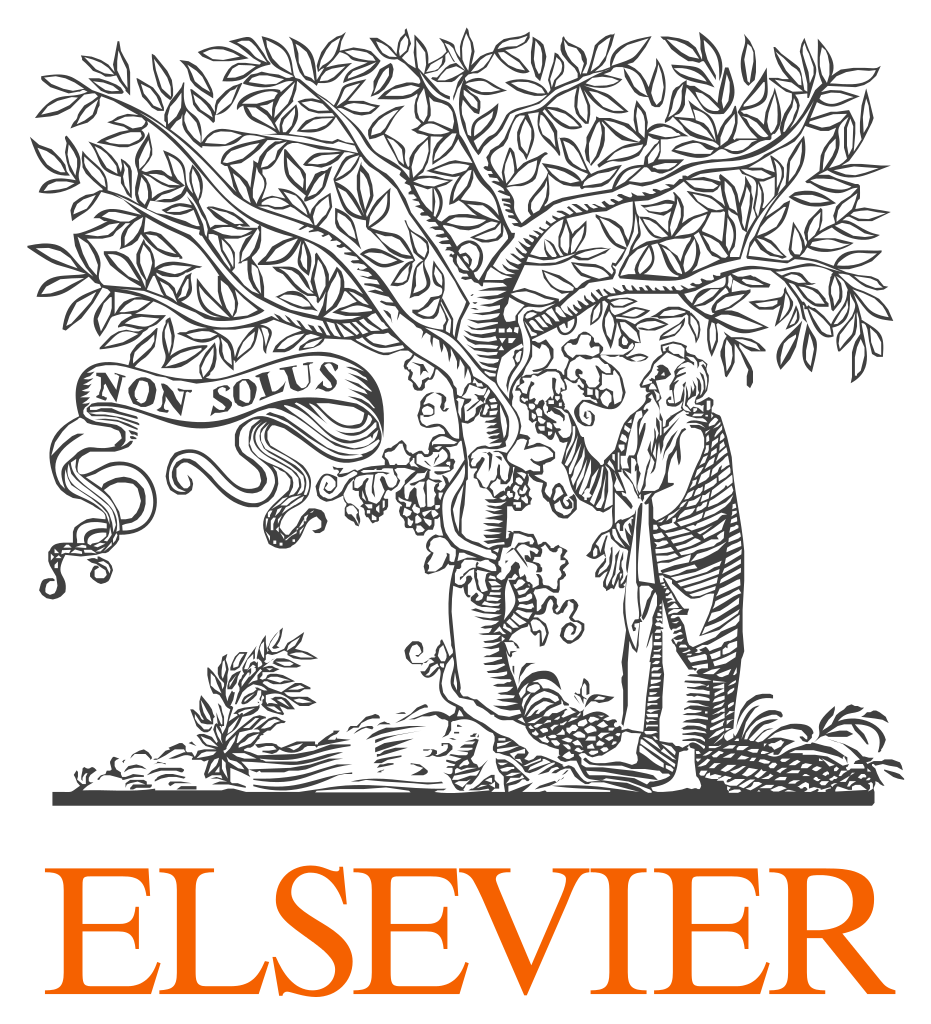
In Germany, negotiations between scientific publishing company Elsevier and a consortium of hundreds of universities, technical schools, research institutes, and public libraries stalled in December 2016. As a result, more than 60 institutions have lost their online access to Elsevier's journals effective 1 January, although some can still access archived articles published before that date. The price of the journals is only part of the problem.
Over 60 major German research institutions are canceling their subscriptions to all of Elsevier's academic and scientific journals, effective January 1, 2017.
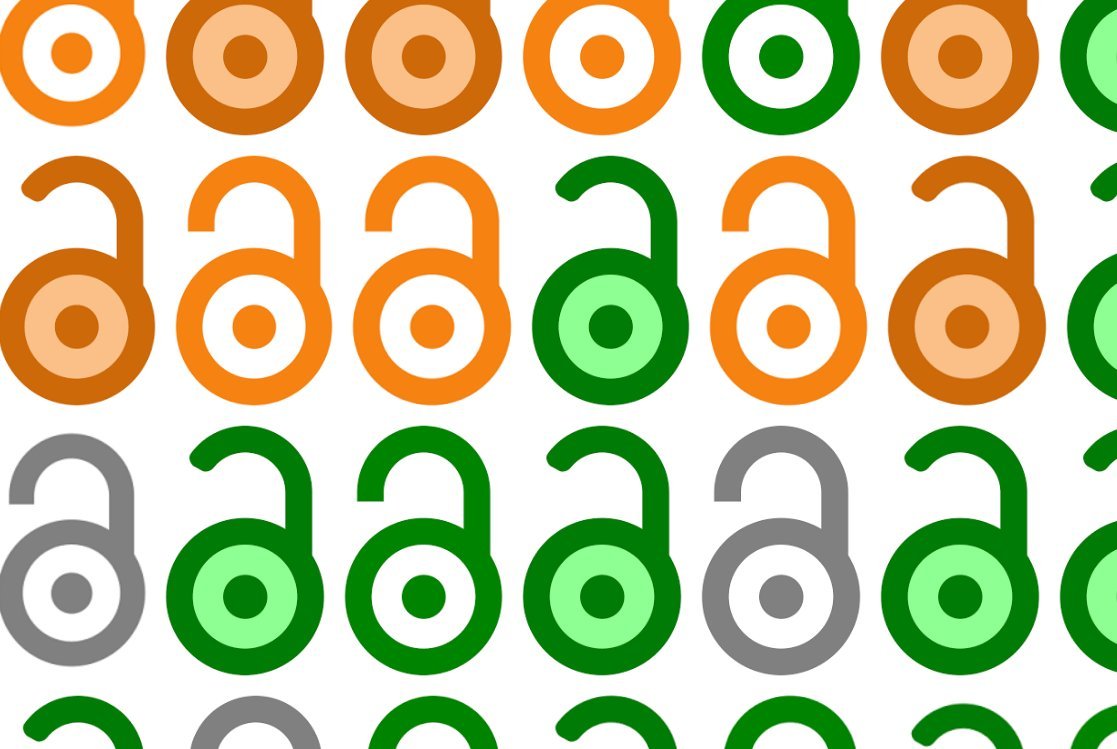
More than 60 major German research institutions are to be expected to have no access to the full texts of journals by the publisher Elsevier from 1 January 2017 on, among them Göttingen University with 440 Elsevier journals.
Federally funded research will now come with an open access clause – but uncertainties remain

How much German universities and research organisations spent on open access publication fees.
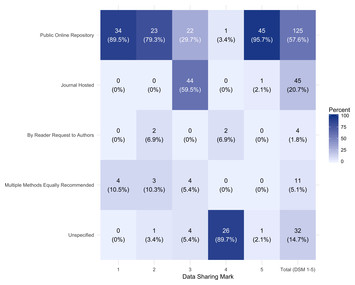
Germany should award millions of euros in extra funding to its 10 top-performing universities, an international commission recommends.
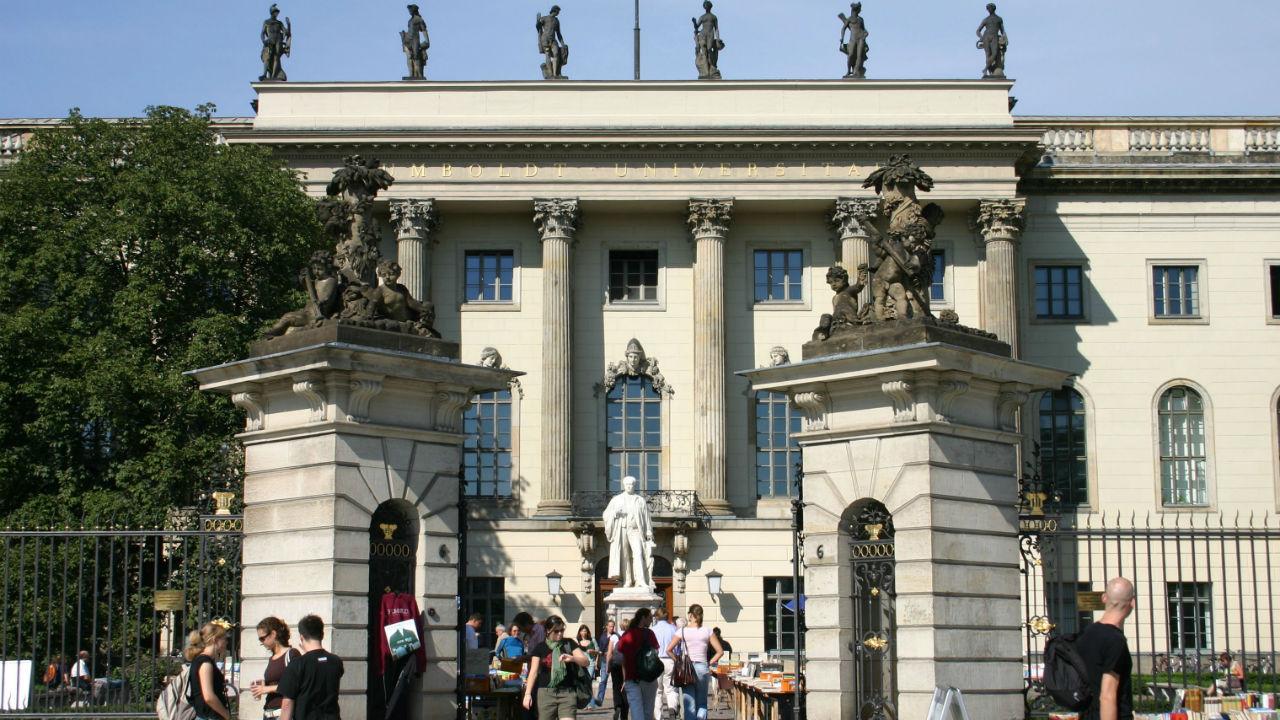
Report praises US$5-billion scheme for making leading universities more competitive - but some smaller institutions have done just as well.
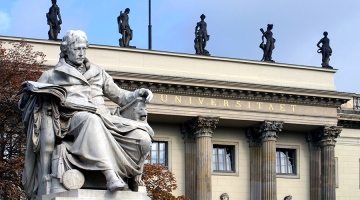
Germany's ruling political parties have agreed to plough €5 billion (US$5.4 billion) more into science from 2018 to 2028.
